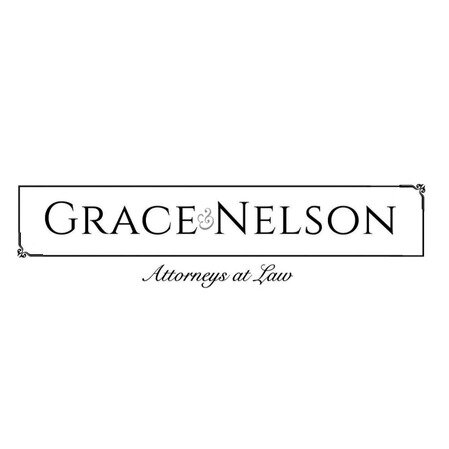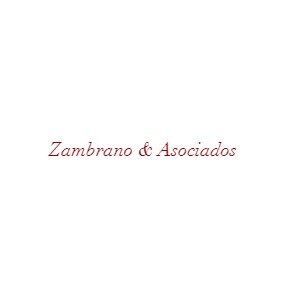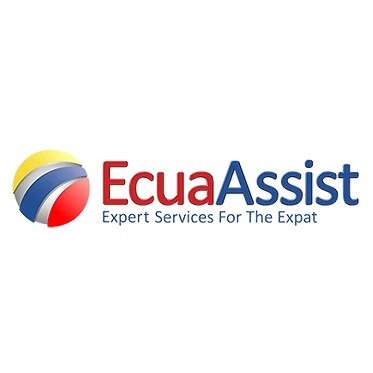Best Conveyancing Lawyers in Ecuador
Share your needs with us, get contacted by law firms.
Free. Takes 2 min.
Free Guide to Hiring a Real Estate Lawyer
Or refine your search by selecting a city:
List of the best lawyers in Ecuador
About Conveyancing Law in Ecuador
Conveyancing in Ecuador refers to the legal process of transferring property ownership from one person or entity to another. Unlike some countries where the process may be handled primarily by escrow agents or notaries, Ecuadorian conveyancing often involves a blend of legal professionals, public notaries, and local government offices. The process covers residential, commercial, and agricultural properties, and is designed to ensure that title transfers are legitimate, recorded, and comply with Ecuadorian law. This includes background checks on the property, registration in public property registries, and compliance with tax obligations.
Why You May Need a Lawyer
Legal support during conveyancing in Ecuador is highly recommended. A lawyer can help you navigate complex regulations, avoid common pitfalls, and protect your interests during property transactions. Situations where you may need a lawyer include:
- Purchasing or selling residential or commercial real estate
- Dealing with inheritance or division of property among family members
- Ensuring a property has a clear title and is free of debts or encumbrances
- Resolving disputes over property boundaries or ownership rights
- Managing property transactions involving foreign investors
- Drafting or reviewing contracts and ensuring all documentation is accurate
- Representing clients at the notary or public registry office
Local Laws Overview
Conveyancing in Ecuador is governed by a combination of the Civil Code, local municipal regulations, and tax laws. Some key legal aspects include:
- Public Notaries: All property transfers must be formalized before a notary, who certifies the transaction and oversees document signing.
- Property Register: The transfer is only effective once registered in the local Property Registry, which ensures public notice and legal protection.
- Due Diligence: Both buyers and sellers must verify property titles, prior liens or mortgages, outstanding municipal taxes, and compliance with zoning laws.
- Taxes and Fees: Property transfer tax (alcabala), registration fees, notary fees, and sometimes capital gains tax must be considered.
- Foreign Ownership: Non-citizens can generally own property in Ecuador, but additional documentation may be required for registration.
- Inheritance Laws: Ecuador has forced heirship rules that may impact conveyancing during inheritance proceedings.
Frequently Asked Questions
What documents are required for a property transfer in Ecuador?
Typical documents include the property deed, identity documents, municipal tax clearance, certificate of liens, and the sales agreement. Depending on the case, there may be additional requirements.
Can foreigners purchase property in Ecuador?
Yes, foreigners can buy and own property. However, they may need to provide additional documentation such as translated passports and may require legal representation.
What are the main taxes and fees during conveyancing?
The main costs are the property transfer tax (alcabala), notary fees, registry fees, and sometimes capital gains tax if you are selling the property.
How long does the conveyancing process take?
The process typically takes two to four weeks, depending on the complexity of the transaction and the efficiency of municipal offices.
How can I ensure that a property has a clear title?
Your lawyer can conduct a thorough title search at the Property Registry to check for prior liens, encumbrances, or disputes.
Is it mandatory to have a lawyer for conveyancing in Ecuador?
It is not legally required, but it is highly recommended to avoid risks and ensure the process is properly conducted.
What is a notary's role in conveyancing?
Notaries formalize the transaction, verify the identity of parties, confirm documentation, and oversee the signing of the deed of transfer.
Can I buy property that is still under mortgage?
Yes, but the mortgage must be settled as part of the transfer process, or the lender must agree to the transaction. This should be handled carefully with legal help.
What happens if there is a boundary dispute?
A lawyer can assist in resolving disputes through negotiation or, if necessary, legal action. Surveyors may also be required to establish proper boundaries.
Are property transactions recorded publicly?
Yes, all property transfers must be registered at the local Property Registry for the transaction to be legally valid and to protect the new owner's rights.
Additional Resources
If you need more information or support, the following resources can be helpful:
- Municipal Property Registry Offices (Registro de la Propiedad)
- Collegiate Notary Offices (Colegio de Notarios)
- Ministry of Urban Development and Housing (MIDUVI)
- Ecuadorian Bar Association (Federación Nacional de Abogados del Ecuador)
- Local legal aid organizations for property and real estate advice
Next Steps
If you are considering purchasing, selling, or transferring property in Ecuador, it is recommended to consult with a qualified Ecuadorian lawyer experienced in conveyancing. Gather all relevant documents and clarify your objectives before your consultation. The lawyer will guide you through due diligence, document verification, contract drafting, notary procedures, and registry registration. Doing so ensures your transaction is compliant with Ecuadorian law, transparent, and legally secure.
Lawzana helps you find the best lawyers and law firms in Ecuador through a curated and pre-screened list of qualified legal professionals. Our platform offers rankings and detailed profiles of attorneys and law firms, allowing you to compare based on practice areas, including Conveyancing, experience, and client feedback.
Each profile includes a description of the firm's areas of practice, client reviews, team members and partners, year of establishment, spoken languages, office locations, contact information, social media presence, and any published articles or resources. Most firms on our platform speak English and are experienced in both local and international legal matters.
Get a quote from top-rated law firms in Ecuador — quickly, securely, and without unnecessary hassle.
Disclaimer:
The information provided on this page is for general informational purposes only and does not constitute legal advice. While we strive to ensure the accuracy and relevance of the content, legal information may change over time, and interpretations of the law can vary. You should always consult with a qualified legal professional for advice specific to your situation.
We disclaim all liability for actions taken or not taken based on the content of this page. If you believe any information is incorrect or outdated, please contact us, and we will review and update it where appropriate.
Browse conveyancing law firms by city in Ecuador
Refine your search by selecting a city.














